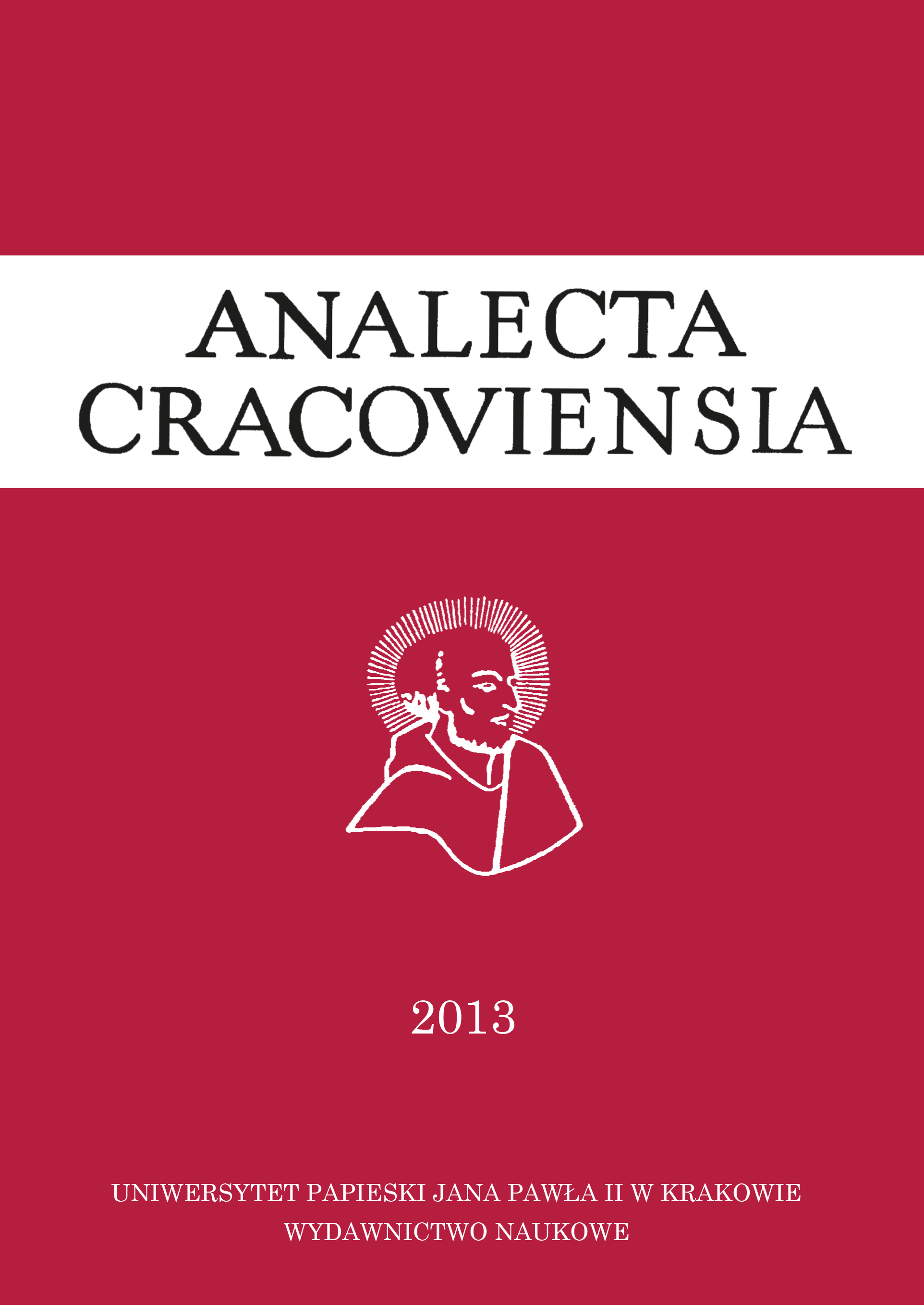Philosophical aspects of process and effects of habituating
DOI:
https://doi.org/10.15633/acr.995Keywords:
Accustoming, habit formation, habituation, process of learningAbstract
This article describes philosophical aspects of the group of phenomena which are closely related to an English word “habit” and Latin habitus. The author uses a term “habit” when meaning a large set of effects of the process of habituating or accustoming in multiple descriptions – the following meanings seem to be the most popular: tendency, disposition, motor skill, unreflective/automatic behavior, attitude or mental state. The process appears in two different dimensions, as a habituation, it refers to a psychophysiological process of adaptation to constantly repeated stimulus, and as a habit formation, it usually refers to the formation of automatic response to stimulus in a behavioral sense. The author signalises a wide range of subjects mentioned in this article because all mentioned phenomena are included in the Polish term “przyzwyczajenie”, which here is understood as a process or an effect of a process existing in the psychophysical sphere as a scheme, which is formed by a long-time repetition with a characteristic reduction of attention proportional to progression made in the learning process.
The main purpose of the research is to present that phenomena of the process and effects of habituating can be analyzed in a philosophical sense as an important category and described in ethical, epistemological, aesthetical and anthropological areas. The process and effects of habituating can be considered in reference to the problem of fundamental philosophical dichotomy like ‘subjective vs. objective’, ‘empirical vs. rational’ and ‘relative vs. absolute’. They can also be described in the context of values – truth, goodness and beauty.
Downloads
Published
Issue
Section
License
Copyright (c) 2015 Magdalena Harasimowicz

This work is licensed under a Creative Commons Attribution-NonCommercial-NoDerivatives 3.0 Unported License.
Authors who publish with this journal agree to the following terms:
- Authors retain the copyright and full publishing rights without restrictions, and grant the journal right of first publication with the work simultaneously licensed under a Creative Commons Attribution 4.0 International License that allows others to share the work with an acknowledgement of the work's authorship and initial publication in this journal.
- Authors are able to enter into separate, additional contractual arrangements for the non-exclusive distribution of the journal's published version of the work (e.g., post it to an institutional repository or publish it in a book), with an acknowledgement of its initial publication in this journal.
- Authors are permitted and encouraged to post their work online (e.g., in institutional repositories or on their website) prior to and during the submission process, as it can lead to productive exchanges, as well as earlier and greater citation of published work (See The Effect of Open Access).

